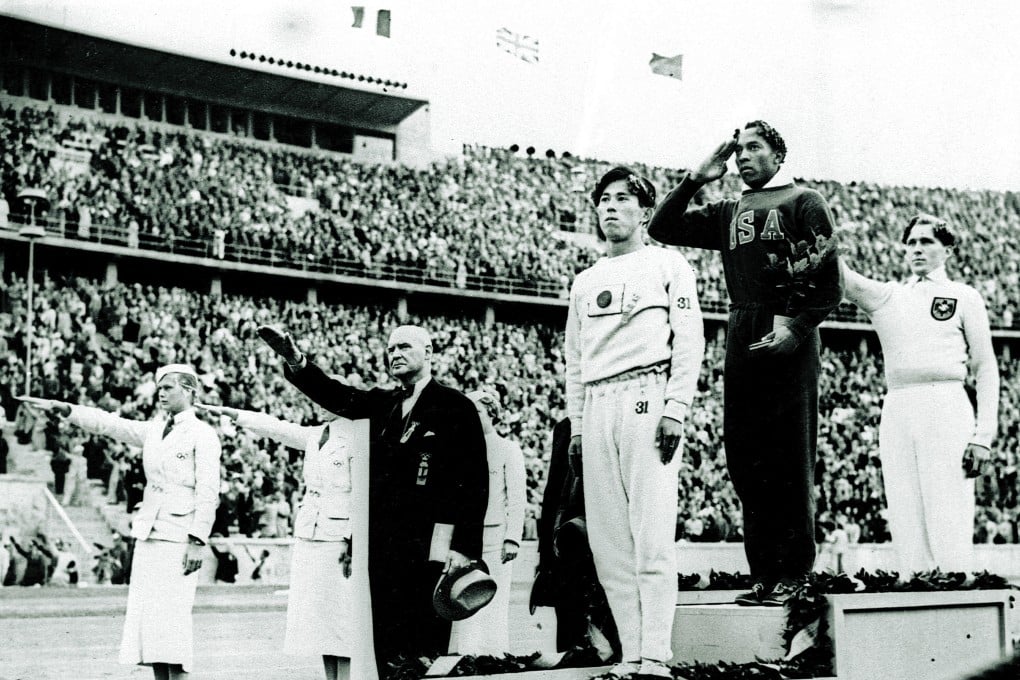Letters | Olympic history shows sports and politics are intertwined – but athletes can bring harmony
- Readers discuss the Olympic Games, Covid-19 hardships in Hong Kong and the mainland, and Chinese reactions to the call for baby-boosting slogans

Whether politics has any place in international sports events has been a controversy for decades. Many politicians argue that in the interest of athletes and harmony between all nations, sports must be kept out of politics.
Some even contend that sports has nothing to do with politics. These assertions seem very plausible but are unrealistic upon deeper scrutiny, especially when we turn to history.
Adolf Hitler, the German dictator and fascist, wanted to use the 1936 Berlin Olympics to bolster his theories of racial superiority. Germany did win the most gold medals in the games that year, but the Greater Germanic Reich disintegrated at the end of World War II.
As a result of the Soviet Union’s invasion of Afghanistan, the Moscow Olympiad in 1980 was boycotted by the United States and its allies. In response, 14 Eastern Bloc countries, led by the former Soviet Union, boycotted the 1984 Los Angeles Olympics.